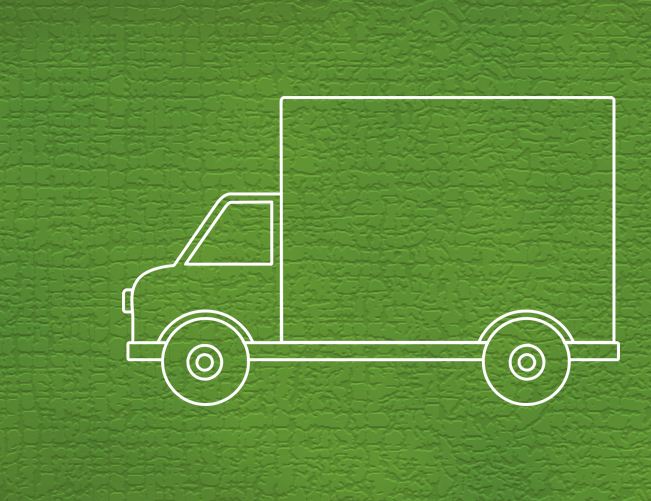[M]uch of the work of importers and exporters as intermediaries is to manage risk and to finance the coffee while it is in transit between countries—often the riskiest segment of the supply chain. Ports and warehouses move massive volumes of freight, operate thousands of tons of machinery, and employ large staffs of frequently rotating employees. Everyone who handles coffee is human, and inevitably something will go wrong. Coffee gets loaded onto the wrong truck, the warehouse floods, the shipping crew goes on strike, or a weather event compromises the coffee while it’s sitting in the port.
Another major role of importers and exporters is to troubleshoot these situations, to file claims with shipping and freight companies and brokers and to make sure that at the end of the day producers and coffee suppliers are paid, and that roasters have beans to meet the week’s volume of orders.
Logistics is all about maneuvering—if the thing that was supposed to show up someplace did not, for whatever reason, what else is close by that can help cover the gap until we find the lost pallet or lost container and redirect it to where it should have been in the first place? This maneuvering involves lots of phone calls, e-mails, and messages back and forth until a plan is devised and carried out.
The more micro-lots that producers labor to prepare and roasters commit to buying, the more work exporters and importers do to consolidate small lots for shipment from, and to, common ports. The more discrete units of coffee, the more paperwork to move the same volume.
All of these processes happen in a common cycle—coffees from different origins are at all different stages of this process at the same time. While coffee is being loaded in Buenaventura headed for Oakland, other coffee from Limon, Costa Rica, is landing in New Jersey, while coffees from Kenya and Sumatra are on the water headed for Hamburg and Antwerp. It’s a bit of a juggling act with lots of moving parts, so every time a container of coffee lands and the arrival sample is approved it is no small victory!
—Rachel Northrop is a regular contributor to Fresh Cup, a sales rep for Ally Coffee, and the author of the book, When Coffee Speaks: Stories from and of Latin American Coffeepeople.















